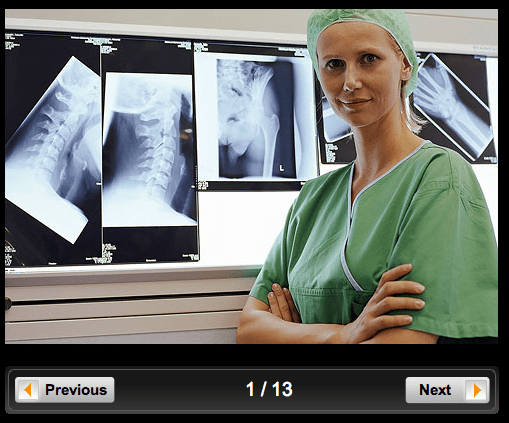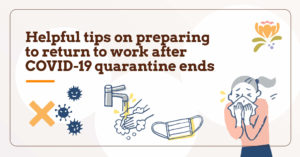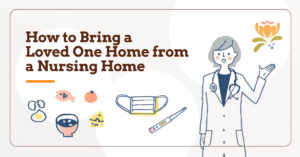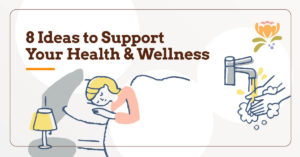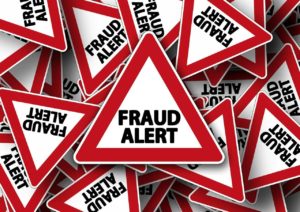[fusion_builder_container hundred_percent=”yes” overflow=”visible”][fusion_builder_row][fusion_builder_column type=”1_1″ background_position=”left top” background_color=”” border_size=”” border_color=”” border_style=”solid” spacing=”yes” background_image=”” background_repeat=”no-repeat” padding=”” margin_top=”0px” margin_bottom=”0px” class=”” id=”” animation_type=”” animation_speed=”0.3″ animation_direction=”left” hide_on_mobile=”no” center_content=”no” min_height=”none”]

Aging is tough on our bones. The older we get the more likely we are to lose bone mass. Weak bones can cause everything from fractures to deadly falls. An estimated 10 million adults in the U.S. have Osteoporosis, and 1.5 million adults suffer a bone fracture each year.
So how do you go about keeping your bones and those of your elderly loved ones healthy as you age? We have a few suggestions to help:
- Pump Iron. Talk with your physician about weight training or resistance training. As the bone is stressed by resistance or weights, the body responds by signaling bone cells to create new bone. This makes bones denser and stronger.
- Drink Your Milk. It is one of the foods that has the right mix of calcium and Vitamin D. Calcium is critical for keeping both bones and muscles healthy, and Vitamin D helps your body to absorb the calcium. If you don’t take in enough calcium through your diet, your body will take it from your bones. That causes bone loss. As we age, it sometimes becomes necessary to take a Vitamin D supplement. Your physician can help you determine if you need to do so.
- Eat Leafy Greens. Vitamin K is important to helping develop critical bone protein. It can be found in leafy green vegetables like romaine, spinach, kale and parsley. Brussel sprouts, broccoli, raw celery, fermented cheeses, soybean products, and eggs are also rich in Vitamin K.
- Just the Right Amount of Protein. As we grow older and are less active, our body needs fewer calories. People sometimes compensate for eating fewer calories by dramatically increasing or dramatically decreasing their protein intake. Both are problematic. Too much protein – especially if the calories are from meat products – can cause the body to excrete too much calcium. Not enough protein and your body can be deprived of minerals that helps absorb calcium. Experts believe the average person needs 54 – 68 grams of protein per day.
Click the image to view a slide show at WebMD
For older adults, a healthy diet is often hard to maintain due to physical impairments. Diseases like arthritis or Parkinson’s can make food preparations difficult. Vision impairments may keep a senior from being able to shop for fresh fruits and vegetables as often as they need.
That is when homemaker services may be of help. Busy caregivers in Connecticut can utilize the services of a care partner like Assisted Living Services to help with grocery shopping, meal planning and preparation for an aging loved one.
Are you a Connecticut caregiver? How do you help your aging loved one keep their bones healthy?[/fusion_builder_column][/fusion_builder_row][/fusion_builder_container]

